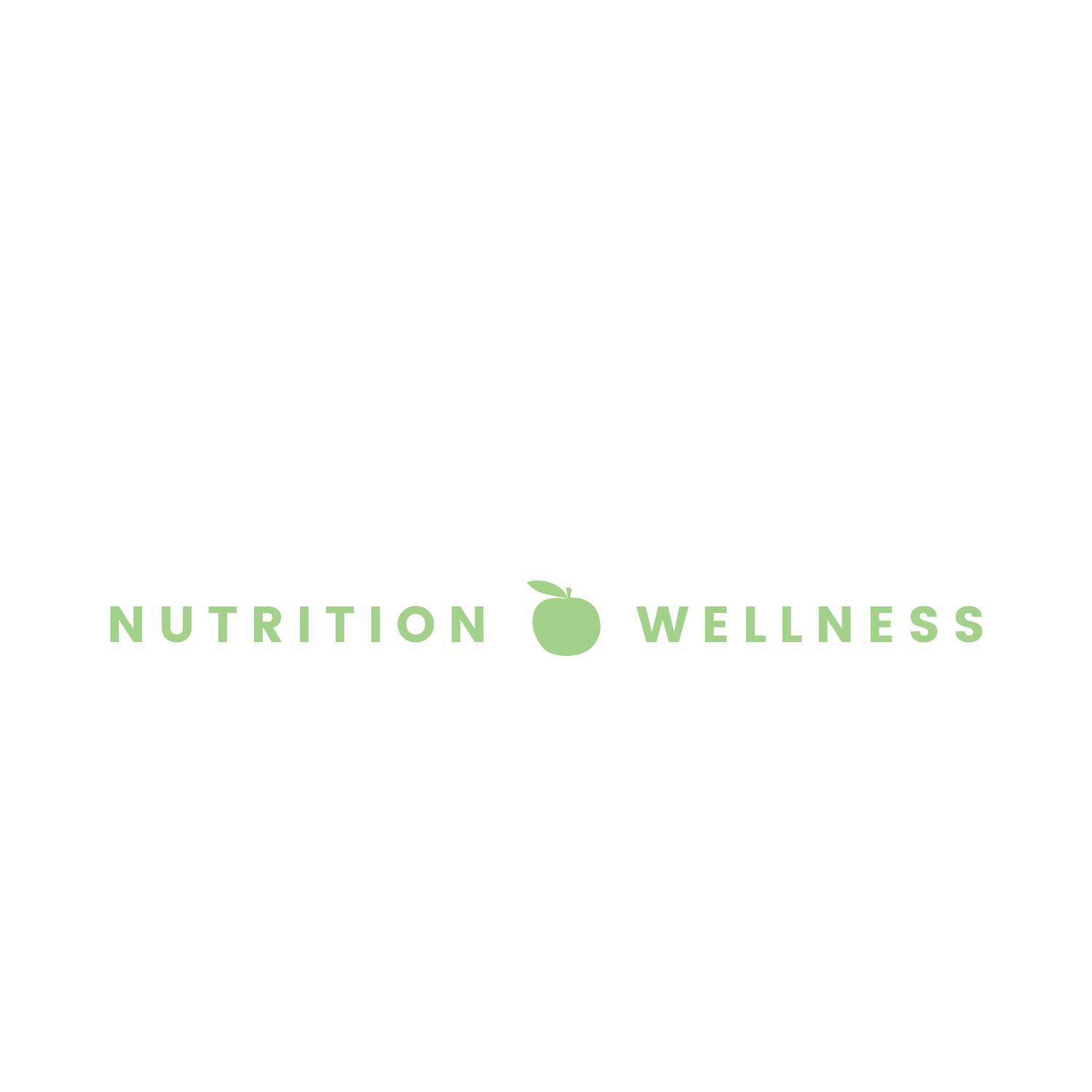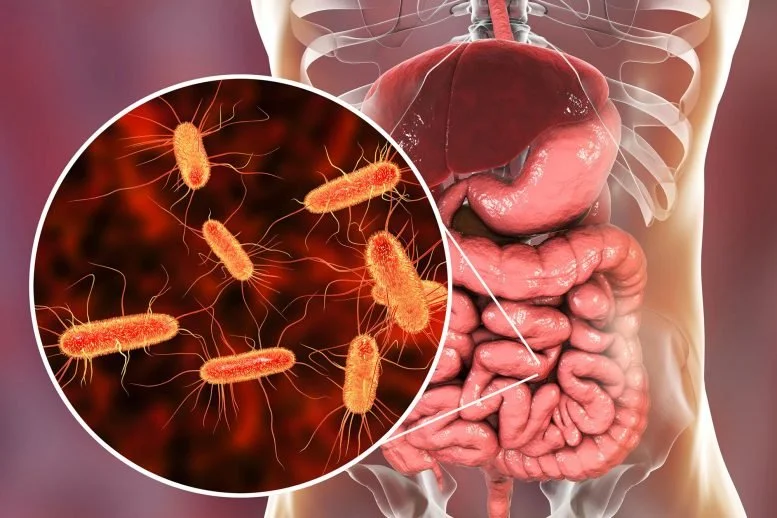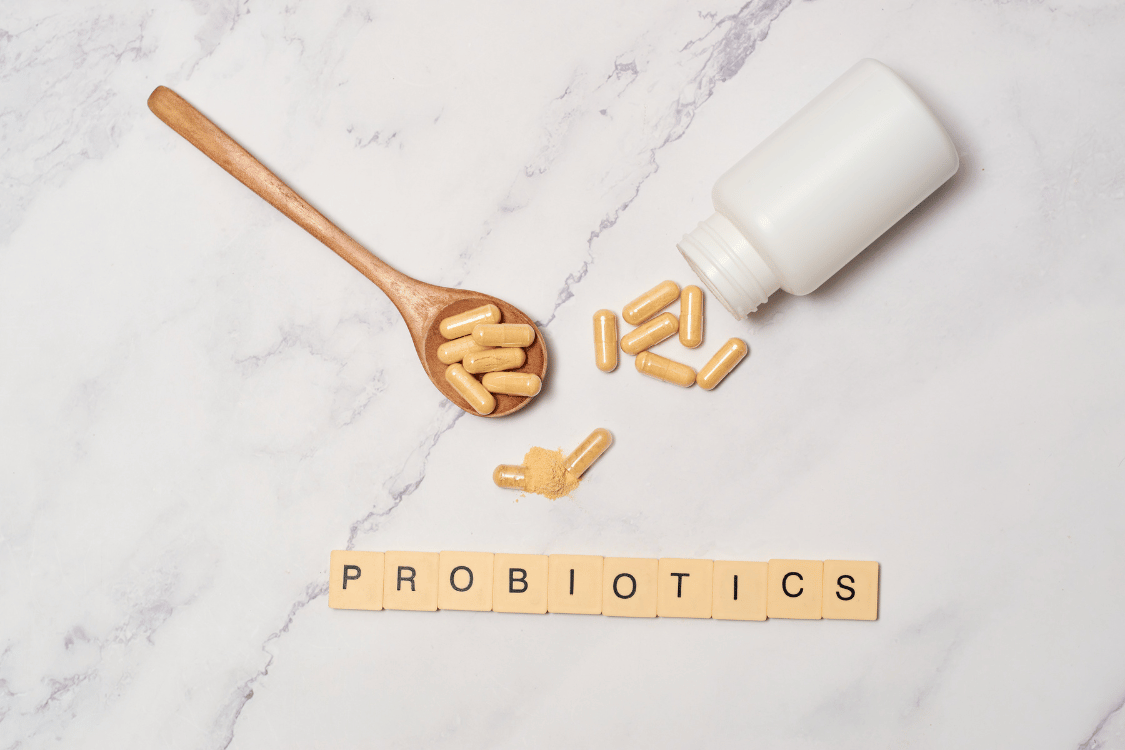Boost Your Gut Health: Effective Ways to Naturally Support Your Microbiome
Introduction
In recent years, there has been a growing interest in gut health and the microbiome, and for good reason. Your gut, home to trillions of microorganisms collectively known as the human gut microbiome, plays a crucial role in your overall well-being. More than just aiding digestion, the gut microbiome influences everything from mental health to immune function. Emerging research shows how maintaining a healthy gut can reduce the risk of chronic diseases, improve mental clarity, and boost your mood.
But what exactly is the gut microbiome, and how does it work? In simple terms, it's a complex community of bacteria, fungi, and other microorganisms living in your digestive tract, known as the gut microbiota. While some of these microbes can cause harm, the beneficial bacteria in your gut are vital for breaking down food, producing essential nutrients, and regulating inflammation. When this balance is disrupted, it may lead to digestive issues, weakened immunity, and even mood disturbances.
In this post, I’ll dive into the science behind your gut health microbiome and explore effective ways to naturally support it. From the foods you eat to lifestyle changes you can make, I’ll cover everything you need to know to start improving your gut health today.
What is the Gut Microbiome?
The gut microbiome is a complex ecosystem of bacteria, viruses, fungi, and other microbes that play an essential role in keeping your body functioning properly. A healthy microbiome is involved in digesting food, producing nutrients, and supporting your immune system. These microorganisms also communicate with your brain through the gut-brain axis, influencing everything from mood to cognitive function.
A healthy microbiome is critical for producing short-chain fatty acids (SCFAs), which support gut health by reducing inflammation and strengthening the gut lining. Additionally, the microbiome helps regulate the immune system, acting as a defense against harmful pathogens and reducing the risk of chronic illnesses, including conditions like inflammatory bowel disease (IBD) and irritable bowel syndrome (IBS). Furthermore, your gut bacteria produce neurotransmitters such as serotonin and dopamine, highlighting the powerful connection between gut health and mental well-being.
Maintaining a balanced and diverse microbiome is key to supporting both your physical and mental health.
Best Foods for Supporting Gut Health
To nurture a healthy gut microbiome, incorporating specific types of foods into your diet can make a significant difference. Here’s a look at some of the best foods for supporting gut health:
Prebiotics
Prebiotics are non-digestible fibers that feed the beneficial bacteria in your gut, helping them thrive and maintain a balanced microbiome. They promote the growth of healthy bacteria like bifidobacteria and lactobacilli, which are crucial for producing short-chain fatty acids that support gut health and reduce inflammation. Foods rich in prebiotics include:
Garlic: Contains prebiotic fibers and compounds like allicin, which stimulate the growth of beneficial bacteria and support the immune system.
Onions: High in inulin and fructooligosaccharides, which support gut health and have anti-inflammatory properties.
Leeks: Provide prebiotic fibers, particularly inulin, which helps maintain a healthy gut microbiota.
Asparagus: Rich in prebiotic fibers and antioxidants such as vitamin K and folate, which support digestive health.
Bananas: Especially good when slightly green due to their resistant starch, which acts as a prebiotic. They also provide vitamin B6 and potassium.
Dandelion Greens: Offer a high amount of fiber, vitamin A, and antioxidants, which support gut health.
High-Fiber Foods
Fiber is essential for healthy digestion and maintaining a diverse gut microbiota. It helps regulate bowel movements, reduces inflammation, and supports overall gut health. Consider adding these high-fiber foods to your diet:
Beans and Lentils: Excellent sources of soluble and insoluble fiber, protein, iron, and B vitamins.
Chia Seeds: Packed with fiber, omega-3 fatty acids, calcium, and magnesium.
Oats: Rich in beta-glucan, a type of soluble fiber, as well as B vitamins and minerals like iron and magnesium.
Nuts: Provide fiber, healthy fats, vitamin E, and magnesium.
Leafy Greens: Like spinach and kale, offer fiber, vitamins A, C, and K, and minerals such as iron and calcium.
To avoid digestive discomfort when increasing fiber intake, do so gradually and drink plenty of water, especially if your diet currently includes a lot of processed foods.
Colorful Foods
Colorful fruits and vegetables are rich in polyphenols and antioxidants, which act as prebiotics and help reduce inflammation in the gut. Incorporate these vibrant options into your meals:
Berries: High in antioxidants, fiber, and vitamins C and K.
Carrots: Provide beta-carotene (vitamin A) and fiber.
Red Peppers: Rich in vitamins C and A, as well as antioxidants like lutein and zeaxanthin.
Beets: Contain betalains (antioxidants), fiber, and folate.
Sweet Potatoes: Rich in fiber, beta-carotene (vitamin A), and vitamins C and B6.
Eating a variety of colorful foods ensures that you’re providing your gut microbiota with a range of nutrients to support different bacterial strains, helping to protect against conditions like inflammatory bowel disease.
What About Fermented Foods?
Fermented foods have long been valued for their role in preserving seasonal produce, enhancing flavors, and providing essential nutrients. Beyond their culinary appeal, these foods deliver live cultures of beneficial bacteria, commonly known as probiotics. Found in items like kefir, kimchi, sauerkraut, miso, and kombucha, these probiotics support digestive health, boost immunity, and contribute to the overall balance of the gut microbiome. Research indicates that these foods also contain natural dietary fibers, which help reduce gastrointestinal inflammation and further nourish beneficial gut bacteria.
These probiotic-rich foods are more than just a trend; they are an integral part of traditional diets around the world. For example, in Korean cuisine, kimchi—a staple made from fermented vegetables—serves not only as a flavorful side dish but also as a source of probiotics and vitamins. Similarly, kefir, a fermented dairy drink rich in lactobacilli and bifidobacteria, has been shown to improve digestion and support the immune system.
Scientific Evidence of Fermented Food Benefits
A growing body of scientific research highlights the role of fermented foods in promoting gut health. Fermented foods can increase the abundance of beneficial bacteria, such as lactobacilli and bifidobacteria, which have been linked to improved digestion and enhanced immune function. For instance, a meta-analysis found that probiotic-rich fermented foods were associated with improved gastrointestinal health and immune system support.
Another study from the National Institutes of Health emphasized how these bacteria help maintain the integrity of the gut lining, reduce inflammation, and support a balanced microbiome, which is essential for strong immune defense.
While providing live cultures, fermented foods are also rich in essential nutrients like vitamins B12, K2, and antioxidants, which contribute to overall health. This combination of probiotics and prebiotic fibers helps nourish beneficial bacteria, reducing inflammation and protecting against gastrointestinal disorders like IBS (source).
Debate on Efficacy
Despite these benefits, recent studies have raised questions about the efficacy of fermented foods in delivering live probiotics to the gut. Some research suggests that not all foods that are fermented contain viable probiotic strains by the time they reach the consumer, due to factors like storage and processing methods (MDPI study). The direct transfer of microorganisms from fermented foods to the human gut remains a topic of ongoing research, and the effectiveness of these foods can vary based on individual gut conditions and the specific strains of bacteria present.
Choosing High-Quality Fermented Foods
To maximize the potential benefits of fermented foods, it’s crucial to select high-quality products. Look for options that are:
Unpasteurized: Pasteurization can kill beneficial bacteria, so choose unpasteurized options when possible.
Contain Live Cultures: Check labels for mentions of "live and active cultures" or specific probiotic strains.
Contain Necessary Sugars: Some sugars are essential for the fermentation process and the health of probiotics. For instance, kombucha uses natural sugars to fuel fermentation. However, be cautious of excessive added sugars, which can undermine the benefits. Aim to limit added sugars to no more than 25 grams per day, and choose products with minimal added sugars.
By choosing high-quality fermented foods and being aware of the current research, you can better support your gut health and overall well-being.
Lifestyle Changes to Improve Your Microbiome
Chronic stress can disrupt the balance of gut bacteria and negatively impact gut health. Stress may lead to increased gut permeability (often referred to as "leaky gut"), which can contribute to inflammation, digestive issues, and conditions like irritable bowel syndrome (IBS).
Stress Management
Chronic stress can disrupt the balance of gut bacteria and negatively impact gut health. Stress may lead to increased gut permeability (often referred to as "leaky gut"), which can contribute to inflammation and digestive issues.
Techniques to Manage Stress: Incorporate stress-reducing practices such as mindfulness meditation, deep breathing exercises, and yoga. Research shows that these practices can help lower cortisol levels and improve gut health. For example, a study published in Frontiers in Psychology found that mindfulness meditation positively affects the gut microbiome by reducing stress-related inflammation (Frontiers in Psychology).
Regular Mindfulness: Aim for at least 10-15 minutes of mindfulness practice daily. This can help you manage stress more effectively and support a balanced gut microbiome.
Sleep
Quality sleep is vital for overall health, including gut health. Poor sleep can disrupt the balance of gut bacteria, leading to digestive issues and an increased risk of chronic conditions.
Improving Sleep Hygiene: Establish a consistent sleep schedule by going to bed and waking up at the same time every day. Create a relaxing bedtime routine and keep your sleep environment dark and cool. Research published in Gut Microbes indicates that sleep deprivation can negatively impact the gut microbiome and increase inflammation (Gut Microbes).
Tips for Better Sleep: Avoid caffeine and heavy meals close to bedtime. Limit exposure to screens and bright lights in the evening to improve sleep quality.
Exercise
Regular physical activity is beneficial for gut health. Exercise promotes the growth of beneficial gut bacteria, improves gut motility, and reduces inflammation, supporting both a healthy gut and a healthy body.
Types of Exercise: Engage in moderate aerobic activities, such as brisk walking, cycling, or swimming. Activities like yoga and strength training also support gut health by reducing stress and improving overall well-being. A study in the Journal of Applied Physiology found that regular exercise positively influences the composition of the gut microbiome and supports metabolic health (Journal of Applied Physiology).
Exercise Routine: Aim for at least 150 minutes of moderate aerobic activity or 75 minutes of vigorous activity per week, combined with muscle-strengthening activities on two or more days.
In my experience, many clients discover that lifestyle changes—such as managing stress, improving sleep, and engaging in regular exercise—can significantly enhance gut health. These adjustments often make a more substantial impact than dietary changes alone, increasing resilience to previously perceived food triggers.
Implementing a tailored exercise routine, practicing mindful eating techniques, and incorporating stress management strategies like meditation have led to remarkable improvements in digestion and overall well-being for my clients.
By prioritizing these lifestyle factors, you can effectively support a healthy gut microbiome and enhance your overall health.
Supplements and Probiotics for Gut Health
When dietary changes alone aren't sufficient, supplements can provide additional support for gut health. Understanding the different types of supplements—probiotics, prebiotics, and digestive enzymes—can help you make informed choices for a healthier gut microbiota.
Probiotic Strains
Probiotics are live microorganisms that confer health benefits when consumed in adequate amounts, playing a significant role in maintaining a balanced gut microbiota. Here are some key strains and their benefits:
Lactobacillus: This genus is crucial for digestion and is often used to prevent and treat diarrhea, particularly in children. Specific strains like Lactobacillus rhamnosus GG have demonstrated efficacy in reducing the duration of diarrhea.
Bifidobacterium: Known for its immune-boosting properties, Bifidobacterium can help restore gut balance after antibiotic use. For example, Bifidobacterium longum 35624 has been shown to alleviate symptoms of IBS.
Saccharomyces boulardii: A beneficial yeast, this strain is effective in managing antibiotic-associated diarrhea and supports overall gut health.
Visbiome Advanced GI Care: A multi-strain probiotic designed for serious gut issues, it includes:
Lactobacillus acidophilus DSM24735/SD5212
Lactobacillus plantarum DSM24730/SD5209
Bifidobacterium longum DSM24736/SD5219
Other strains targeting conditions like ulcerative colitis and fatty liver, supporting the human gut.
Prebiotic Supplements
Prebiotics are non-digestible fibers that feed beneficial gut bacteria, promoting a balanced gut microbiota. Unlike probiotics, which introduce live bacteria, prebiotics support the growth of existing bacteria in your gut, aiding in the production of short-chain fatty acids, which reduce inflammation and support gut health. Common prebiotic supplements include:
Inulin and Fructooligosaccharides (FOS): Both are derived from plants but are very high FODMAP, so they should be used with caution and ideally under the supervision of a GI dietitian.
Sunfiber (partially hydrolyzed guar gum): A low FODMAP prebiotic that can be more suitable for those sensitive to FODMAPs. It supports gut health by promoting beneficial bacteria without causing digestive discomfort.
When choosing a prebiotic supplement, look for those that specify the type of fiber and its source. Gradually increase intake to avoid digestive discomfort.
Digestive Enzymes
Digestive enzymes help break down food components into absorbable units and are particularly important for individuals with IBS. Carbohydrate-digesting enzymes are vital, especially for managing FODMAPs.
Lactase: Also known as Lactaid, this enzyme helps digest lactose in dairy products.
FODZYMEs: This supplement contains multiple enzymes specifically formulated to assist with FODMAP digestion, making it useful for individuals with IBS who are sensitive to certain carbohydrates.
Other common digestive enzymes include:
Amylase: Breaks down carbohydrates.
Protease: Aids in protein digestion.
Lipase: Helps digest fats.
Consider digestive enzyme supplements if you experience bloating or discomfort after meals. Consult with a healthcare professional for personalized advice on appropriate enzymes.
Dosage Recommendations and Tips for Consistency
When taking supplements, follow these general guidelines:
Probiotics: Aim for a daily dosage that delivers at least 1 billion CFUs, depending on the strain and health goal.
Prebiotics: Start with a lower dose (about 3-5 grams) and gradually increase to avoid digestive discomfort.
Digestive Enzymes: Take as directed on the packaging, usually before meals, especially those containing FODMAPs.
Consistency is key for seeing benefits from supplements. Establish a routine and consider setting reminders to take them at the same time daily.
Warnings and Disclaimers
While supplements can be beneficial, it’s essential to consult a healthcare professional before starting any new regimen, especially if you have underlying health conditions or are taking medications. They can provide personalized recommendations based on your health needs and ensure there are no contraindications.
For more information on navigating probiotics, you can refer to this helpful tool: Probiotic Guide.
Signs Your Gut Health Might Need Attention
Common Symptoms of Gut Imbalance
Gut health issues can manifest in various ways, including:
Brain Fog: Many of my clients with IBS experience brain fog, particularly during flare-ups. While the connection between gut health and mental clarity is still being explored, anecdotal evidence suggests that the gut microbiota and the gut-brain axis play a significant role.
Skin Issues: Conditions like eczema and acne may be linked to dysbiosis, highlighting the importance of a balanced gut microbiota for skin health.
Sugar Cravings: Cravings for sugar can signal underlying gut imbalances. The "chicken vs. egg" dilemma arises here: do sugar cravings cause gut imbalances, or do imbalances trigger cravings? Dysbiosis, characterized by an imbalance of the gut microbiota, is a risk factor for various chronic health issues, including IBS, inflammatory conditions like Crohn’s disease, and even autoimmune disorders.
Chronic Health Issues
Gut imbalances have been correlated with several chronic health conditions:
Autoimmune Diseases: Research suggests there may be a link between dysbiosis and autoimmune disorders. An imbalanced gut microbiome may influence immune responses, contributing to conditions like celiac disease.
Metabolic Syndrome: Dysbiosis has been associated with metabolic disorders, including obesity and type 2 diabetes. The relationship between gut health and metabolic syndrome is complex and significant, as outlined in this study.
Fatty Liver Disease: Some studies indicate that an unhealthy gut microbiome may play a role in the development of non-alcoholic fatty liver disease (NAFLD). You can read more about this relationship in this study, which highlights how changes in the gut microbiota can impact liver health.
Professional Testing
While stool analysis and microbiome mapping can be intriguing, their practical usefulness remains inconclusive. Currently, there’s no established “ultimate microbiome makeup,” making it difficult to provide individualized recommendations based solely on test results. These tests often lack actionable insights and may not capture the dynamic nature of gut health.
When to Seek Help
If you’re experiencing persistent symptoms like brain fog, skin issues, or significant digestive discomfort, it may be time to consult a dietitian or healthcare professional. They can help assess your overall health, consider potential gut-related issues, and develop a tailored approach to improve your gut health.
Conclusion
Maintaining optimal gut health is crucial for overall well-being. By focusing on a balanced diet, incorporating foods that are fermented, and understanding the role of supplements, you can take proactive steps toward nurturing your gut microbiome. It’s essential to recognize the interconnectedness of lifestyle factors—such as stress management, sleep quality, and physical activity—with gut health.
Personalized approaches are key, as everyone's gut health journey is unique. While testing methods like stool analysis can offer insights, they often lack the specificity needed for tailored dietary recommendations. Instead, paying attention to your body's signals and overall well-being can guide you toward effective strategies.
Ready to take the next step in assessing your gut health?
I created the Ultimate Gut Health Check Guide to help you figure that out. This comprehensive 9-page resource evaluates your symptoms, bowel patterns, and health history to reveal the true state of your gut health and what to do next.








